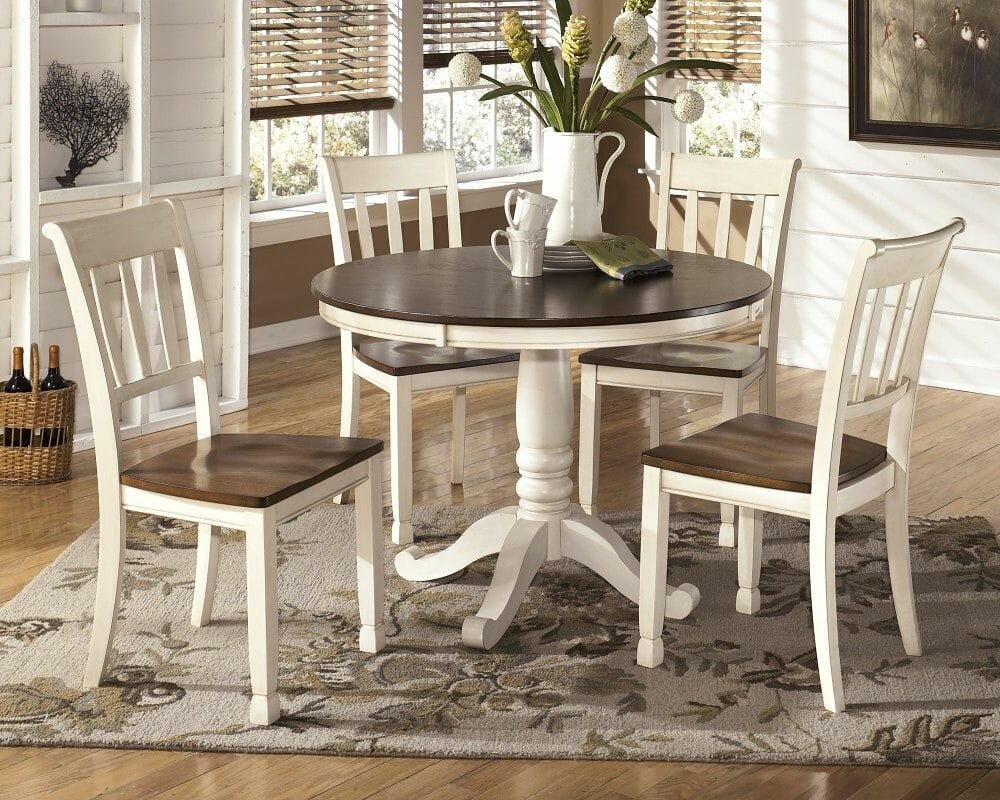If you're looking for a mattress topper, one of the first things you should avoid is any that contain harmful chemicals. These can include volatile organic compounds (VOCs) which can off-gas and release toxins into the air. These chemicals have been linked to health issues such as respiratory problems and even cancer. To ensure your safety and health, always opt for a mattress topper made with certified organic materials and free from any harmful chemicals.Chemicals
Similar to chemicals, synthetic materials should also be avoided in mattress toppers. These materials, such as polyester, nylon, and acrylic, are not only harmful to the environment but also to your health. They can off-gas and cause respiratory issues, skin irritation, and allergies. Opt for natural materials like cotton, bamboo, or wool for a healthier and more sustainable option.Synthetic materials
When it comes to foam mattress toppers, density matters. A low density foam topper may seem like a budget-friendly option, but it won't provide the support and comfort you need. These toppers tend to flatten quickly, causing you to sink into your mattress and leaving you with no support for your back and spine. Look for a topper with a density of at least 3 pounds per cubic foot for optimal comfort and support.Low density foam
Another thing to avoid in a mattress topper is one that is too thin. While thin toppers may seem like a good option for those on a budget, they won't provide much added comfort or support. Thin toppers can also shift and bunch up during the night, causing discomfort and disrupting your sleep. Opt for a topper with a thickness of at least 2 inches for maximum comfort and support.Thin toppers
The whole purpose of a mattress topper is to add an extra layer of comfort to your mattress, so it's important to avoid any that are made with uncomfortable materials. Hard or scratchy materials can cause discomfort and make it difficult to get a good night's sleep. Choose a topper made with soft and plush materials like memory foam or down alternative for a comfortable and restful sleep experience.Uncomfortable materials
Many people tend to overlook the breathability of a mattress topper, but it's a crucial factor to consider. Non-breathable materials can trap heat and moisture, causing you to feel hot and uncomfortable during the night. This can also lead to excessive sweating and create an ideal environment for bacteria and mold to grow. Look for a topper made with natural and breathable materials like cotton, bamboo, or wool for a comfortable and hygienic sleep experience.Non-breathable materials
The quality of stitching on a mattress topper can greatly affect its durability and performance. Toppers with poor quality stitching can easily tear or unravel, causing the filling to shift and bunch up. This not only decreases the lifespan of the topper but also affects its comfort and support. Look for a topper with double-stitched or quilted seams for added durability and stability.Poor quality stitching
When choosing a mattress topper, it's important to consider the materials used and whether they will provide the necessary support for your body. Toppers made with low-quality materials may feel comfortable at first, but they won't provide the support your body needs. This can lead to aches and pains in the morning and disrupt your sleep. Look for a topper made with high-quality and supportive materials like memory foam or latex for a comfortable and restful sleep experience.Unsupportive materials
With so many mattress topper options available, it can be tempting to opt for a cheaper or lesser-known brand. However, it's important to do your research and avoid unreliable brands. These brands may not use high-quality materials or have proper certifications, leading to a subpar topper that won't last long. Stick with reputable and trusted brands that have a proven track record for quality and customer satisfaction.Unreliable brands
Lastly, it's important to consider the price of a mattress topper. While it's understandable to want the best quality, overpriced toppers may not be worth the cost. Make sure to do your research and compare prices and reviews to ensure you're getting the best value for your money. Remember that a higher price doesn't always equal better quality. In conclusion, when looking for a mattress topper, it's important to avoid chemicals, synthetic materials, low density foam, thin toppers, uncomfortable and non-breathable materials, poor quality stitching, unsupportive materials, unreliable brands, and overpriced options. By keeping these things in mind and choosing a topper made with high-quality, natural, and supportive materials, you can ensure a comfortable, healthy, and restful sleep experience.High price
Body Paragraph 2: The Dangers of Toxic Materials
 When purchasing a
mattress topper
, it is important to avoid ones that are made with
toxic materials
. Many toppers are made with synthetic materials such as polyurethane foam, which can release harmful chemicals into the air. These chemicals, known as volatile organic compounds (VOCs), have been linked to respiratory issues, headaches, and even cancer. Additionally, some toppers may contain flame retardants that are also known to be harmful. To avoid these potential health hazards, it is crucial to look for
organic
or
all-natural materials
when choosing a mattress topper. Some safer options include
natural latex
,
organic cotton
, and
bamboo
toppers. Not only are these materials better for your health, but they also have the added benefit of being more eco-friendly and sustainable. By avoiding toxic materials in your mattress topper, you can ensure a healthier and more comfortable sleep environment for yourself and your family.
When purchasing a
mattress topper
, it is important to avoid ones that are made with
toxic materials
. Many toppers are made with synthetic materials such as polyurethane foam, which can release harmful chemicals into the air. These chemicals, known as volatile organic compounds (VOCs), have been linked to respiratory issues, headaches, and even cancer. Additionally, some toppers may contain flame retardants that are also known to be harmful. To avoid these potential health hazards, it is crucial to look for
organic
or
all-natural materials
when choosing a mattress topper. Some safer options include
natural latex
,
organic cotton
, and
bamboo
toppers. Not only are these materials better for your health, but they also have the added benefit of being more eco-friendly and sustainable. By avoiding toxic materials in your mattress topper, you can ensure a healthier and more comfortable sleep environment for yourself and your family.


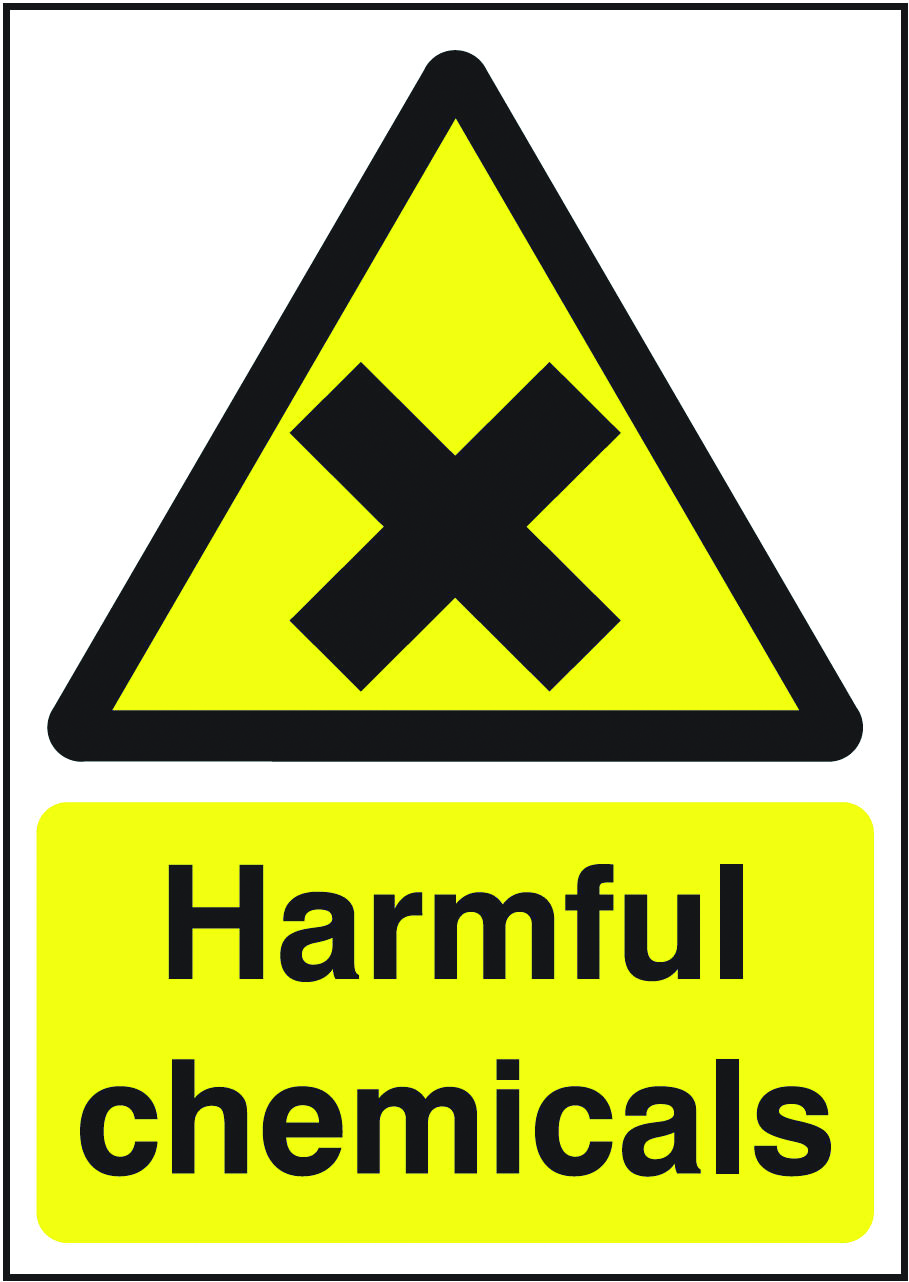
/chemistry-glassware-56a12a083df78cf772680235.jpg)

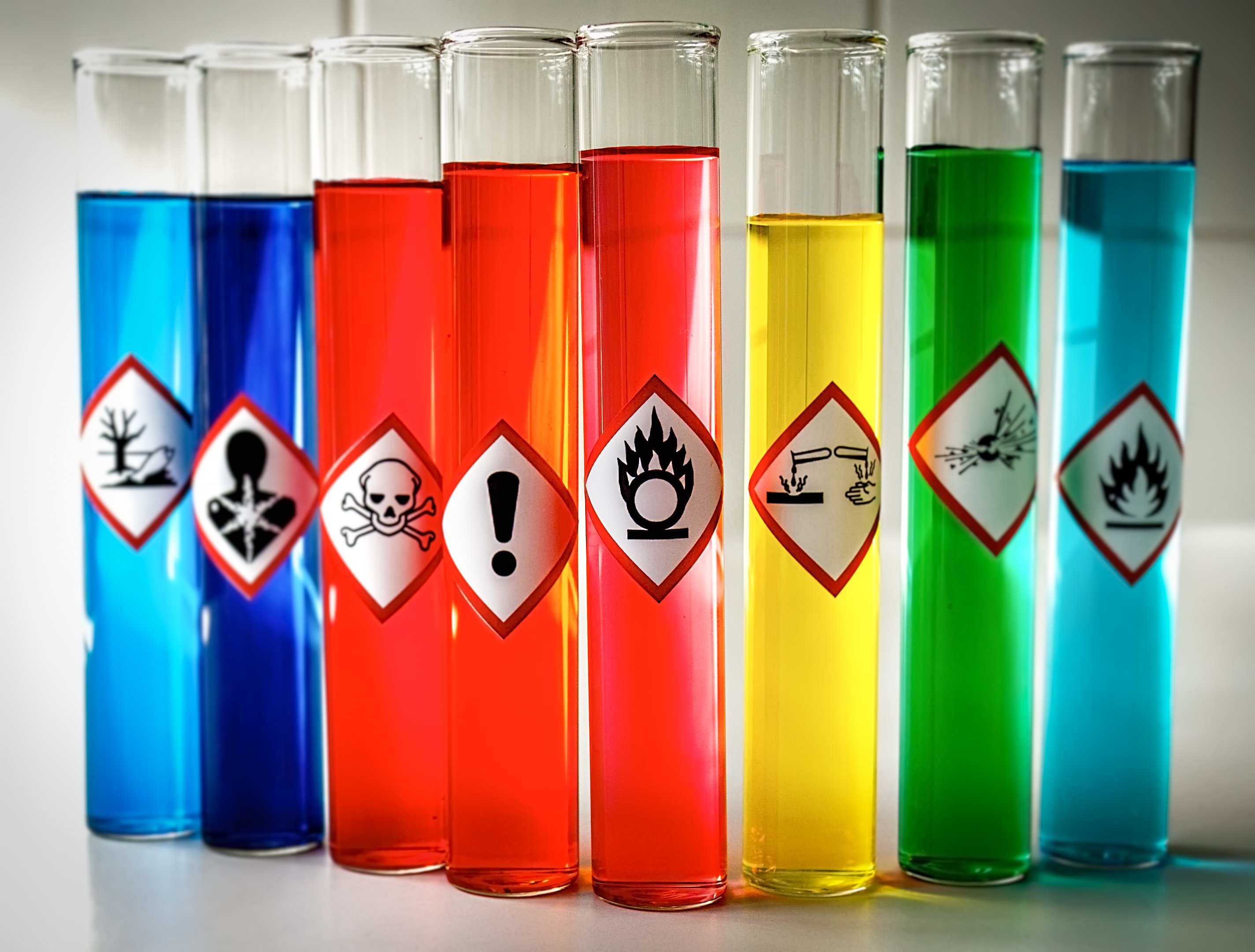
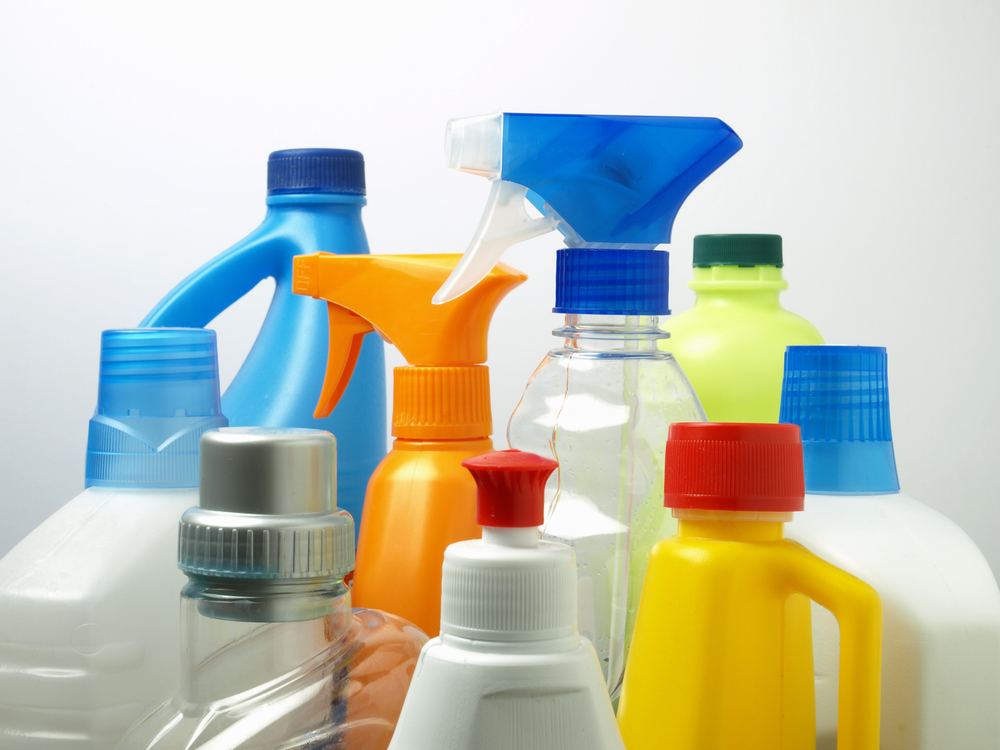




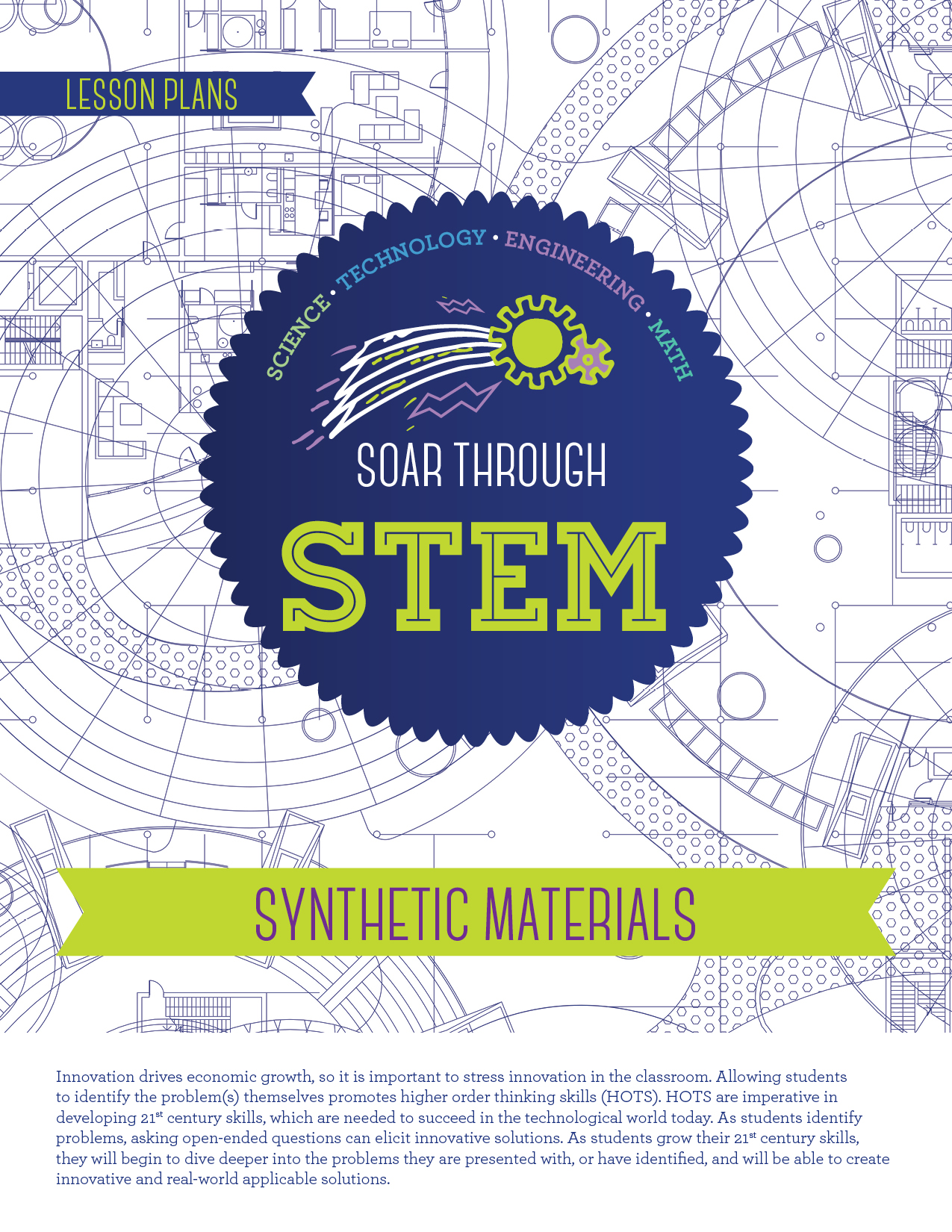


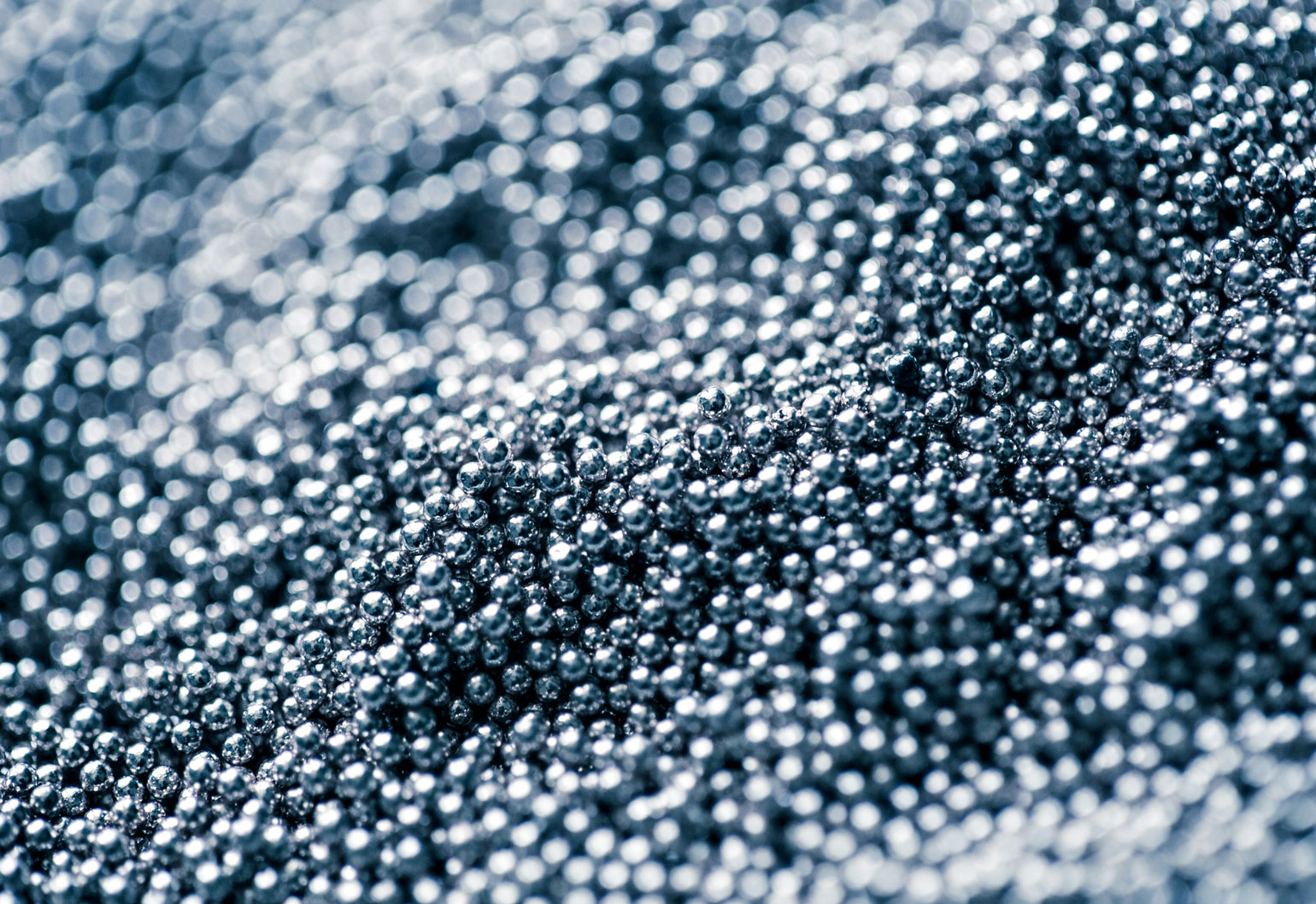

/GettyImages-596322141-590a3de85f9b58647044060f.jpg)

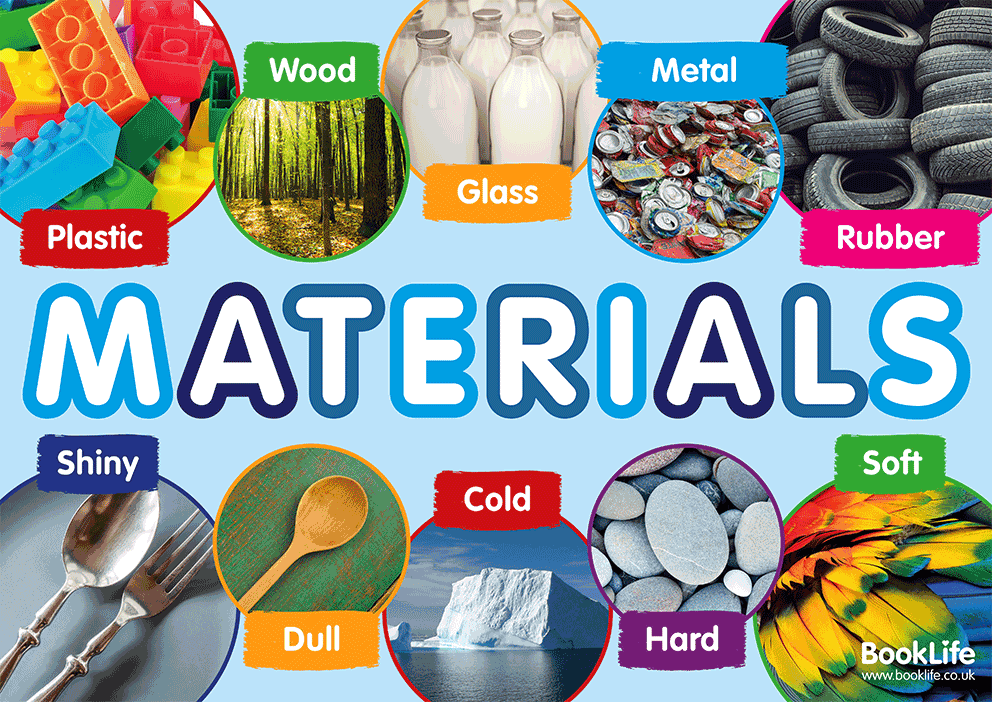

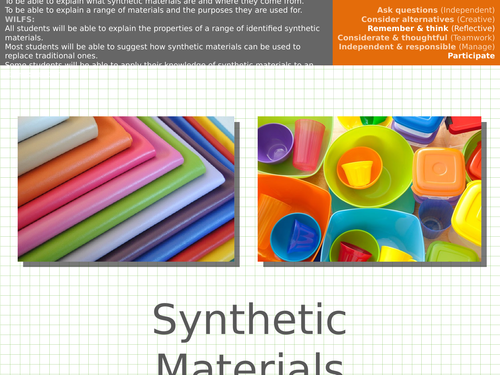



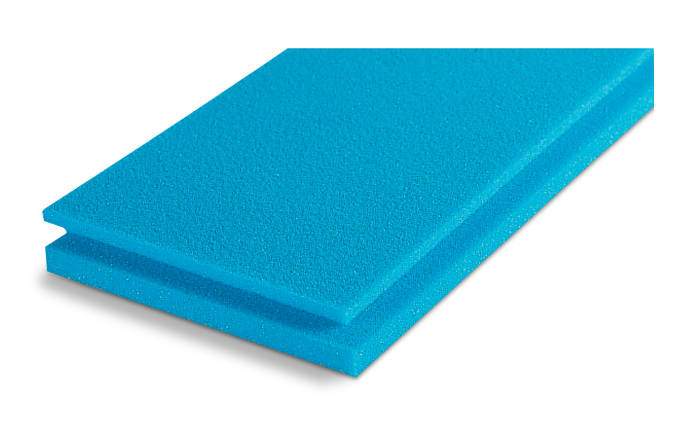
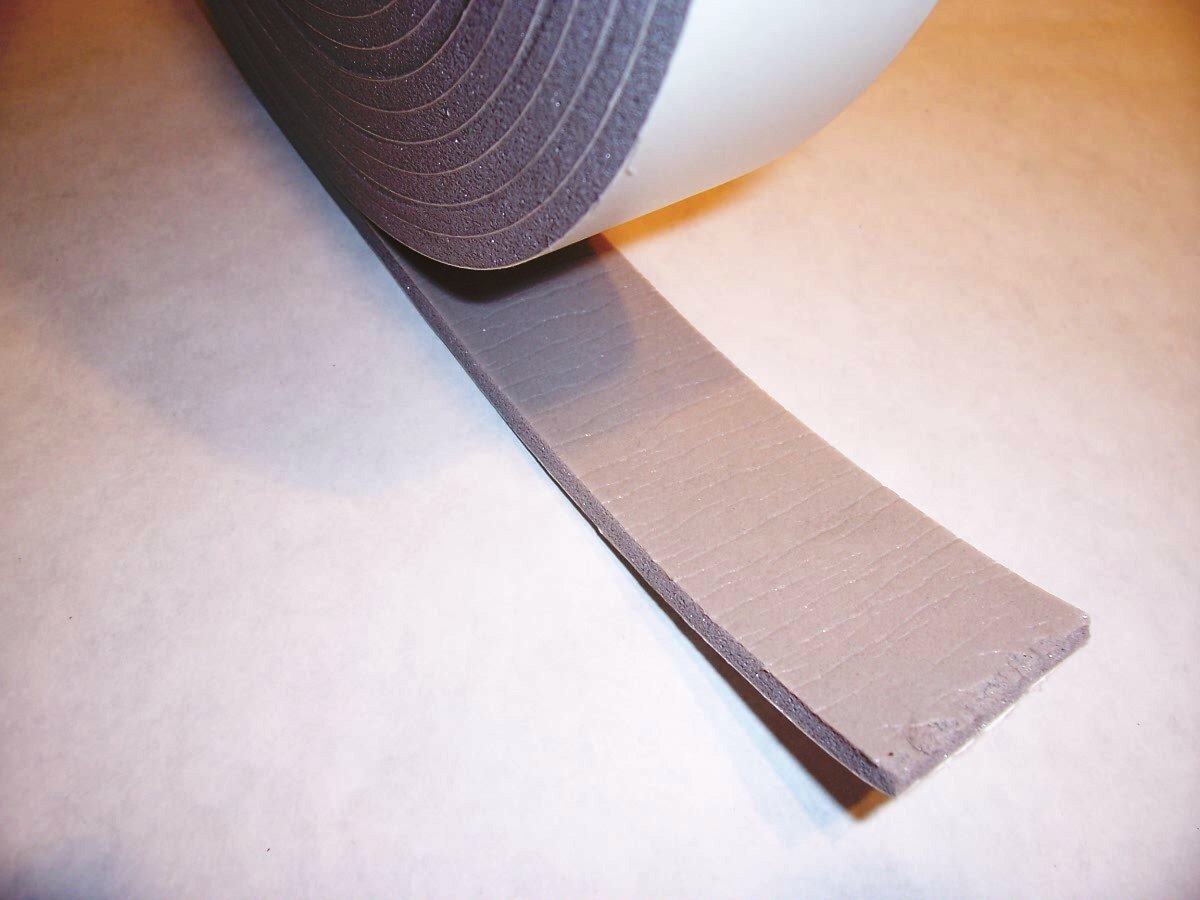

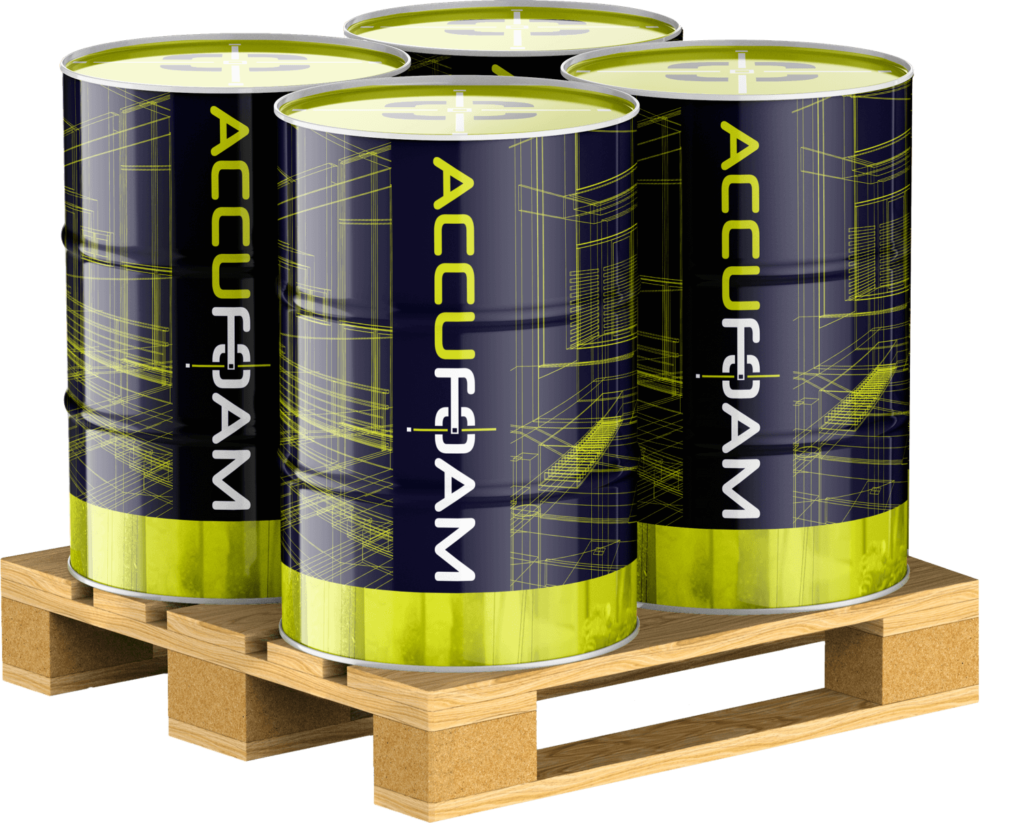

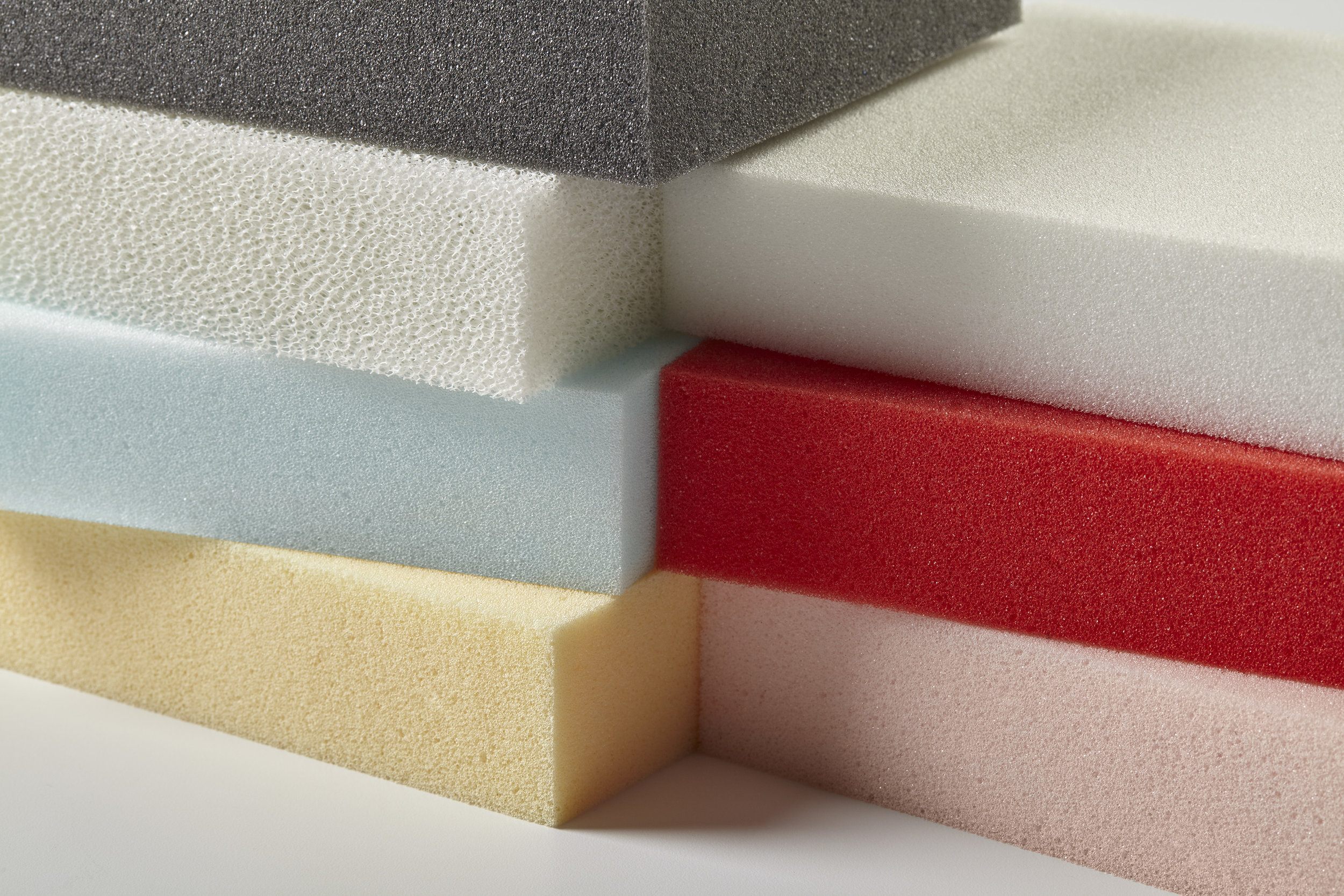


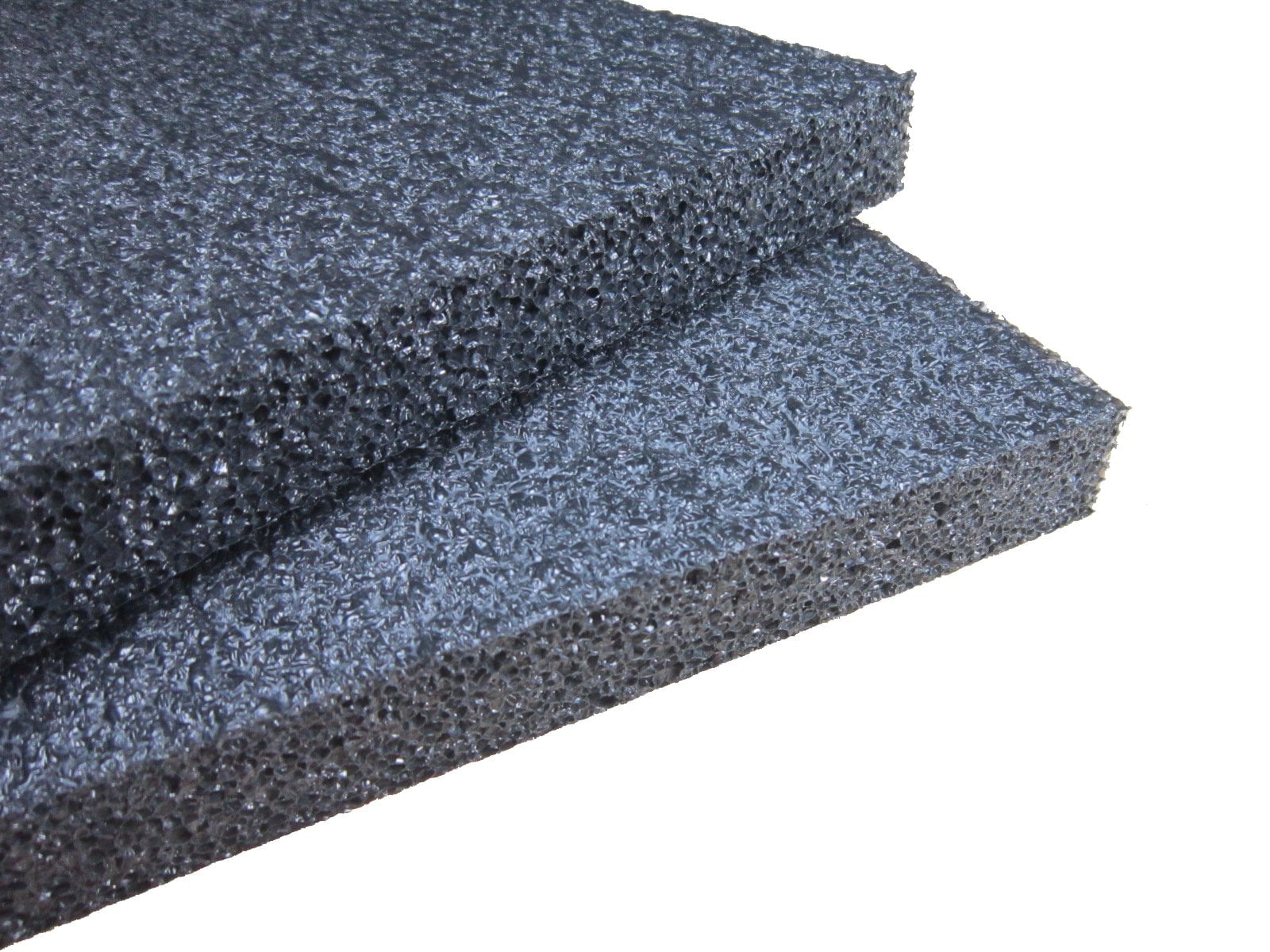
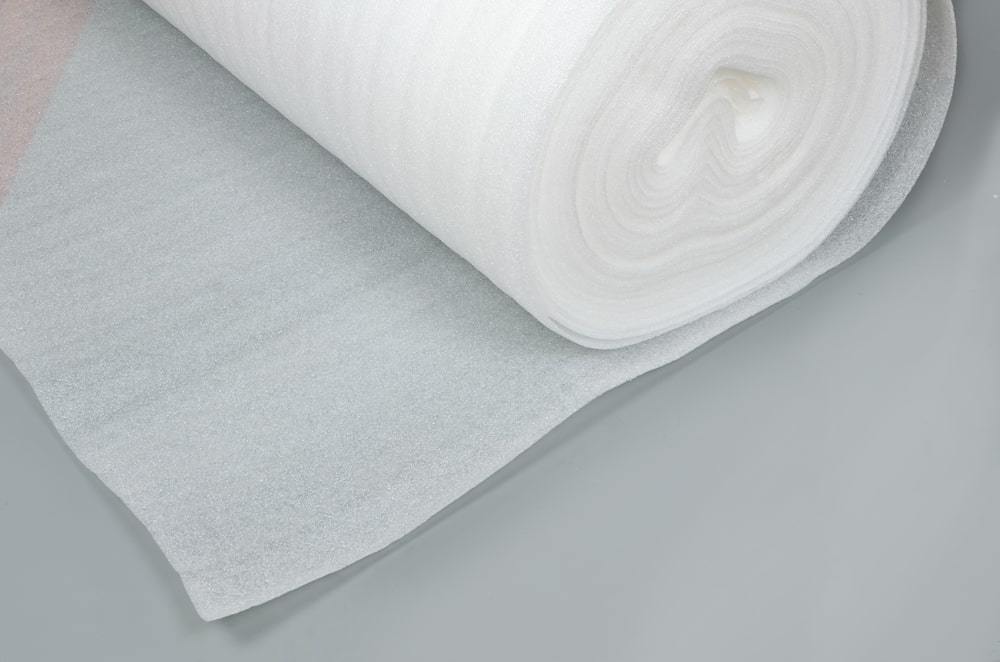





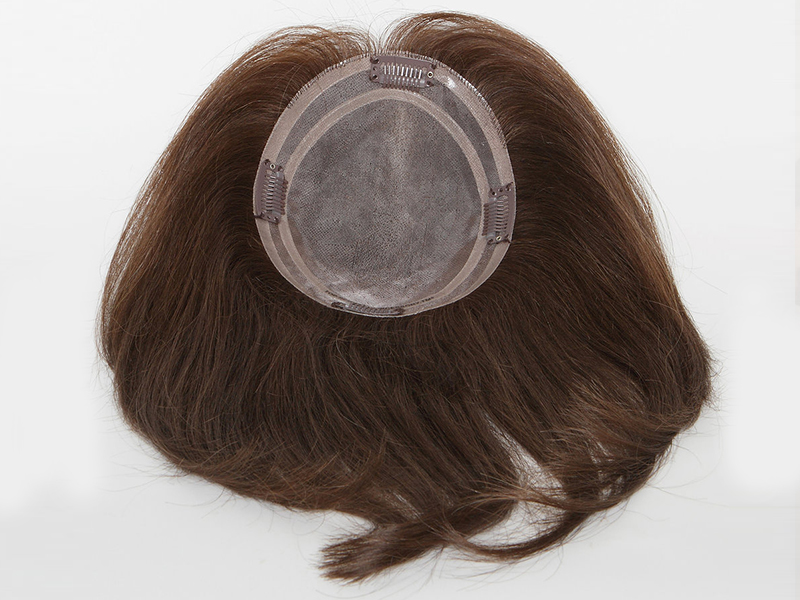



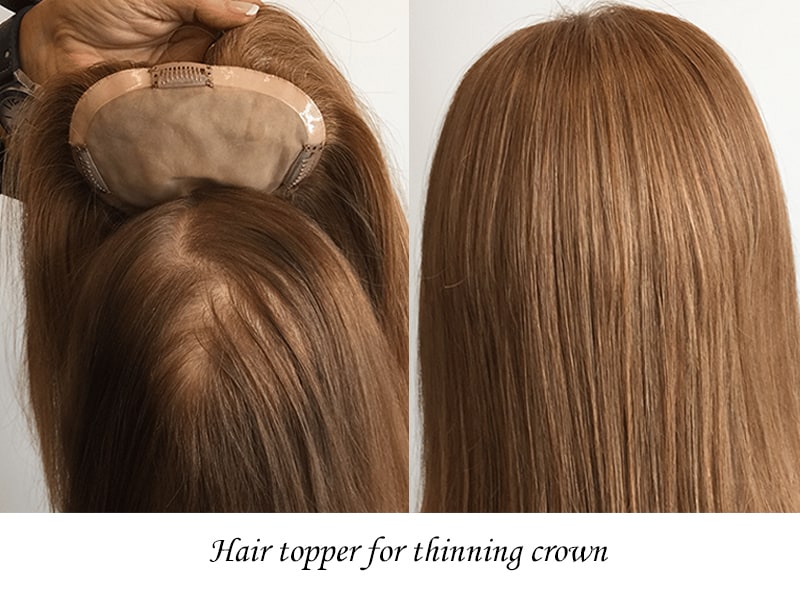












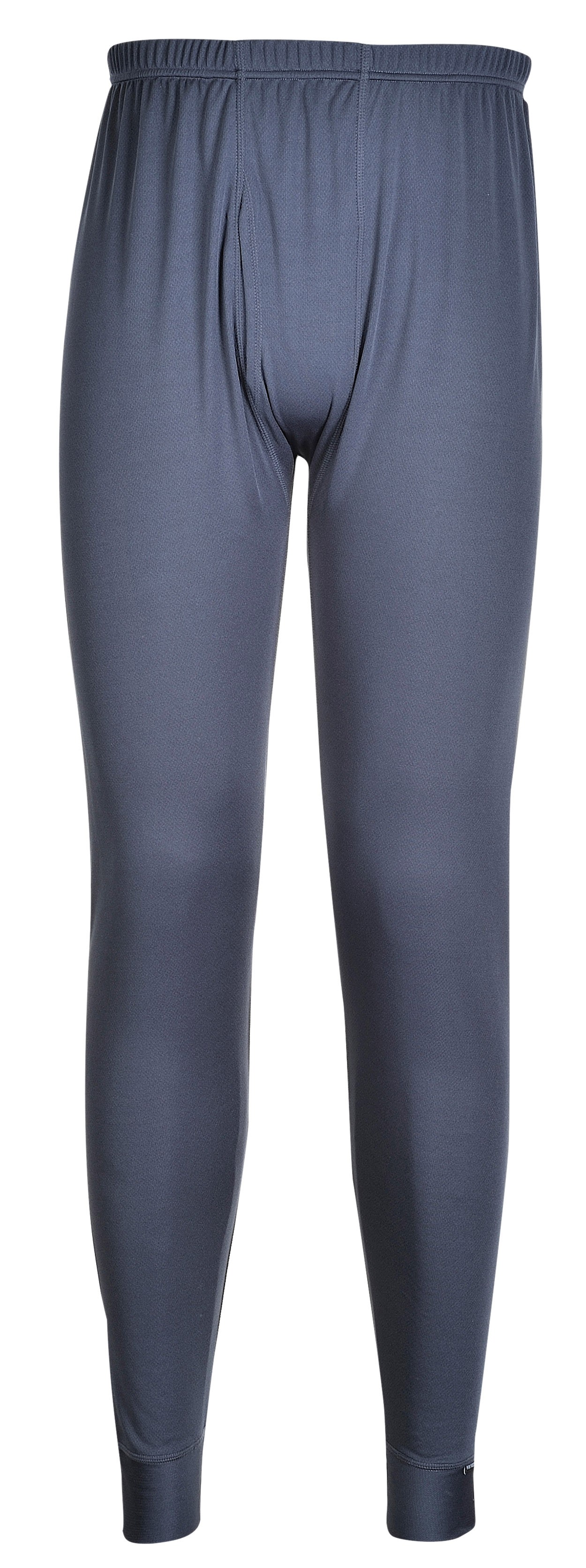

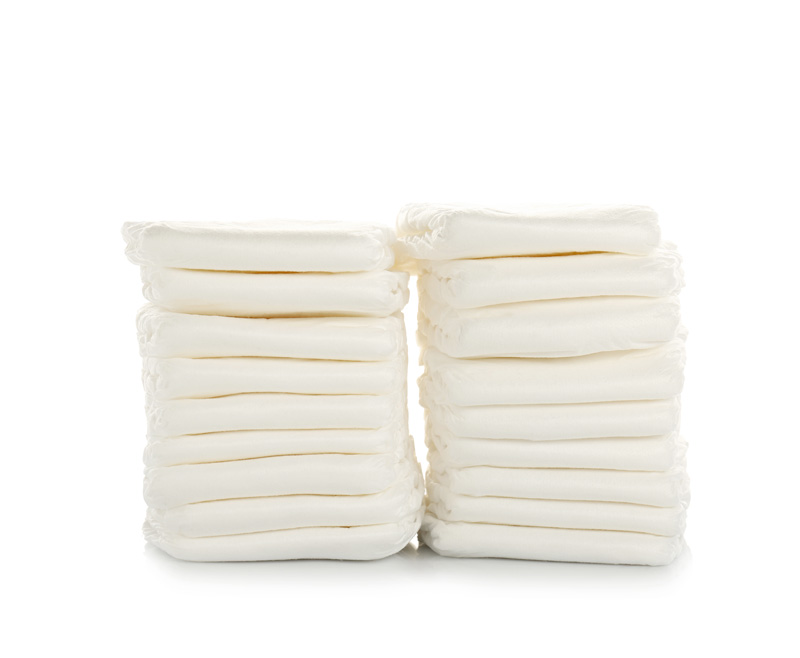
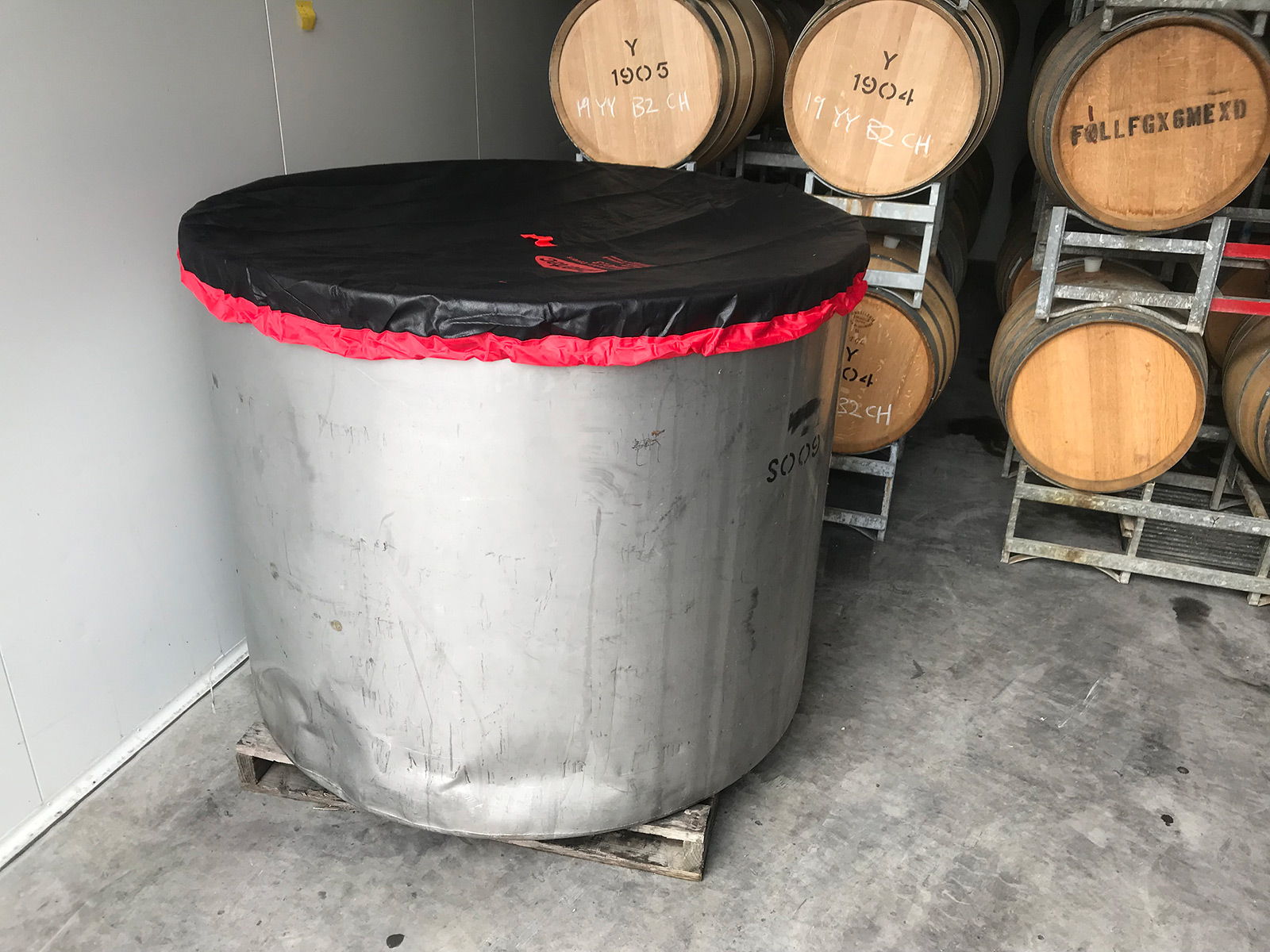


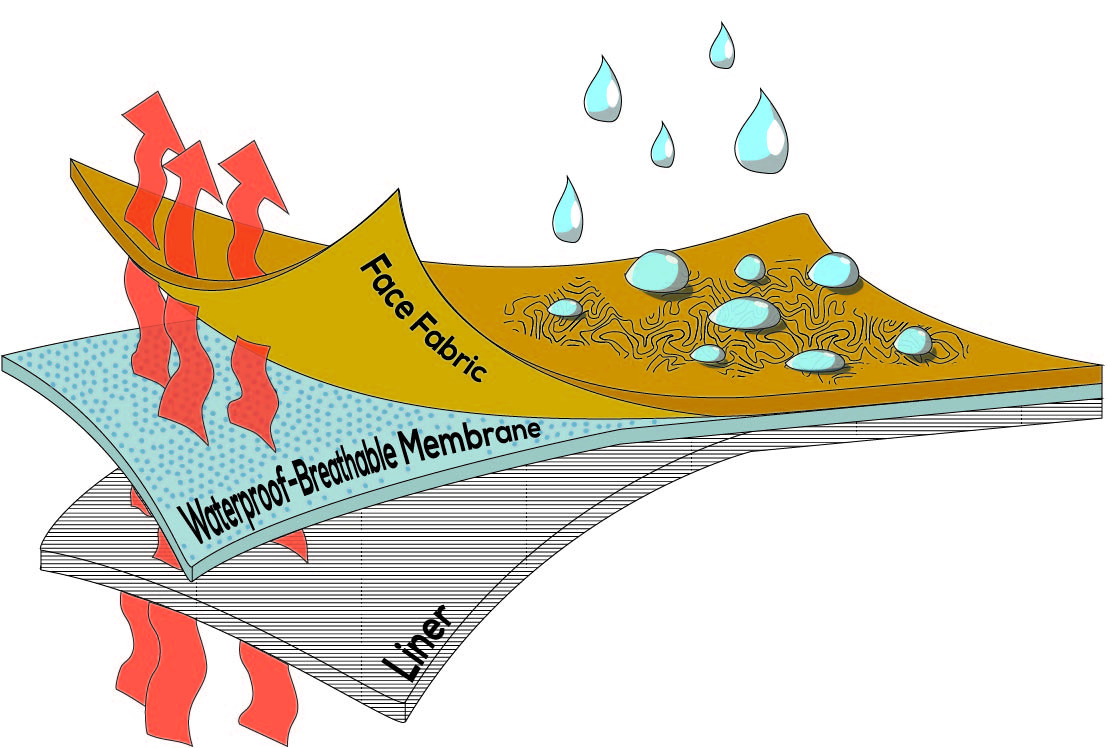


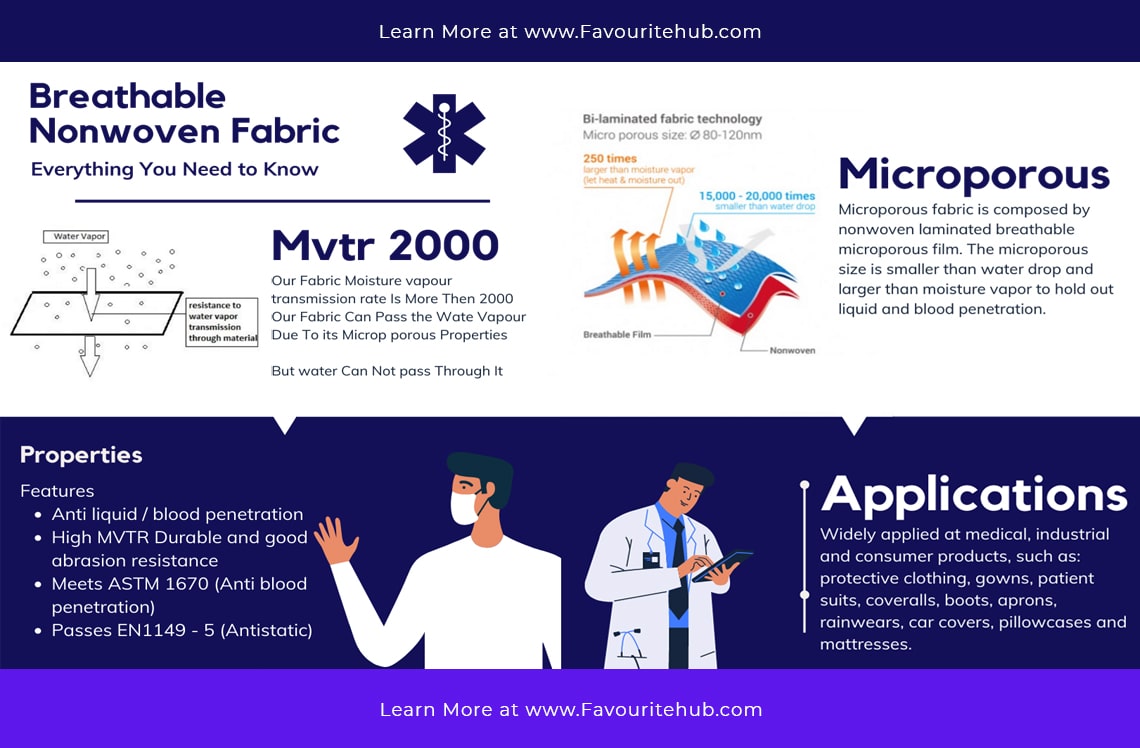



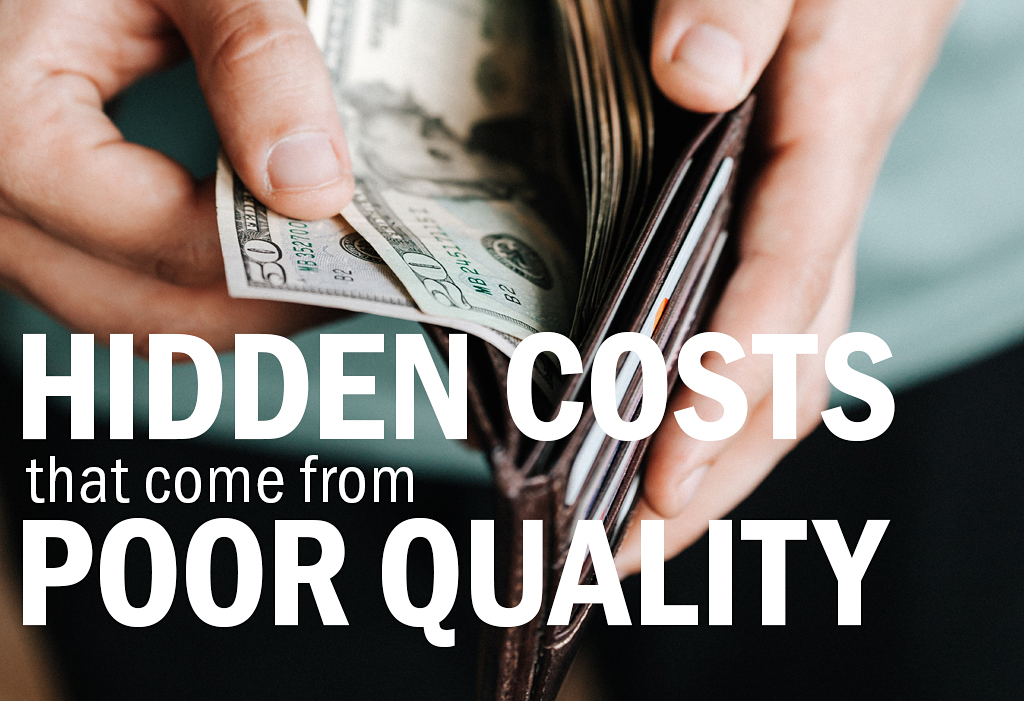

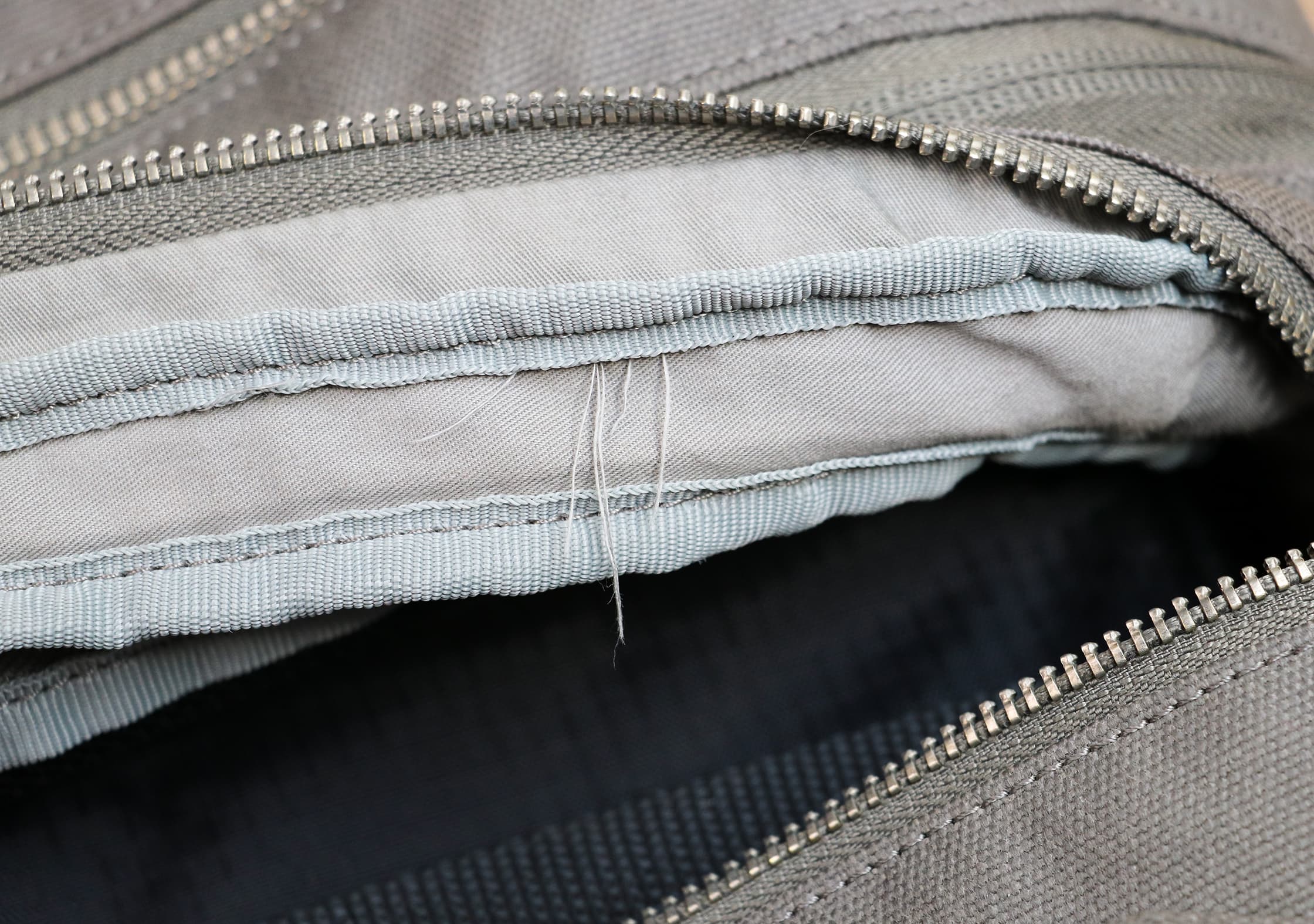





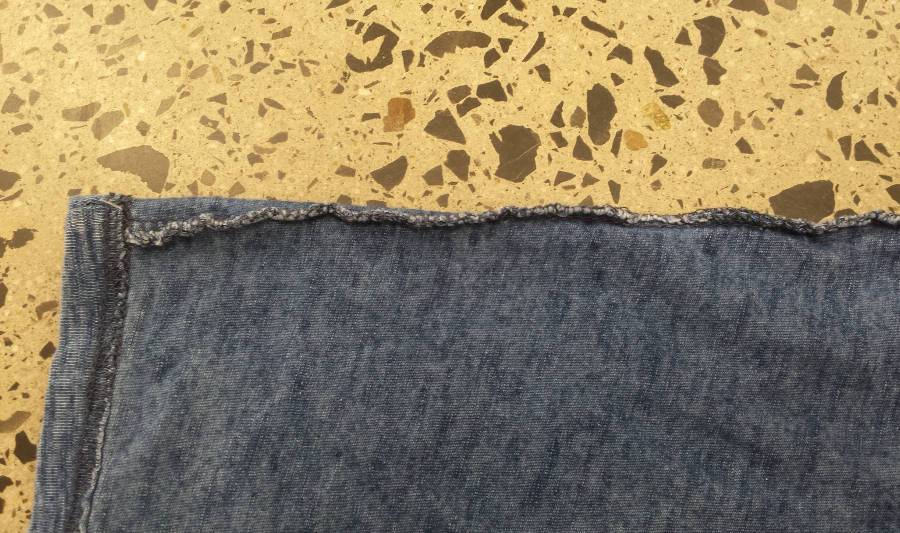















.jpg)


.jpg?rmode=max&width=721&height=482)















